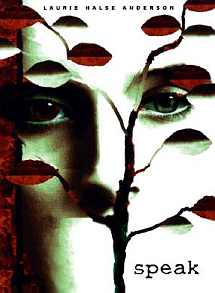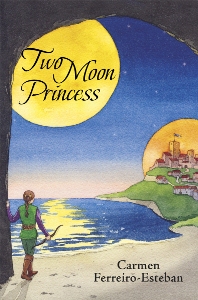This review contains affiliate links, which earn me a small commission when you click and purchase, at no extra cost to you. Thank you for supporting my small business and allowing me to continue providing you a reliable resource for clean book ratings.
There are some books that initially look like slim, easy reads, ones that you can dash off and be done with, yet they stay with you, getting under your skin, for days afterward. Speak is one of those books.
Speak is the poignant story of a girl trying to deal with an unspeakable crisis. Melinda is beginning her freshman year as a complete and total outcast because she called the cops on a party a few weeks prior to the beginning of school. Unfortunately for her, the year goes downhill from there. She spends the year going through the motions, while her grades fall and she spends more and more time locked inside her head. Written in diary form, the book gives voice to Melinda’s silence, all the more powerful as she slowly reveals what exactly happened that night at the party. That said, the book is a powerful portrayal of a depressed person. Although Melinda often feels hopeless, and while she spends much of the book living in her head, and trying to escape her world, it’s not a hopeless book. She’s funny on occasion, and her powers of observation are keen, especially about the stupidity of the high school world.
As it turns out, calling the cops wasn’t tattling, but was a real cry of help for her, since she was raped at the party. As the year progresses, Melinda comes to terms with what happened to her that night, as well as the person who did it to her. The book is a powerful portrait of the consequences of rape, not only on the victim, but those she comes in contact with. While Melinda is suffering in silence, she isn’t necessarily the only one suffering; her actions cause her parents, teachers, and, yes, even old friends (at least the ones who notice) worry, and while that worry is often misdirected and misapplied, they are affected by her, something which is not often considered when thinking about rape.
But the real reason this is so powerful is that Anderson is able to take something as harsh as rape and put a human face on it, and make you feel something (depression, anger, triumph) for Melinda. That’s a mark of a good writer and a good book.
Rated: Moderate, for a few swear words and thematic elements: the book is about a girl who has been raped.
Click here to purchase your copy of Speak on Amazon.




